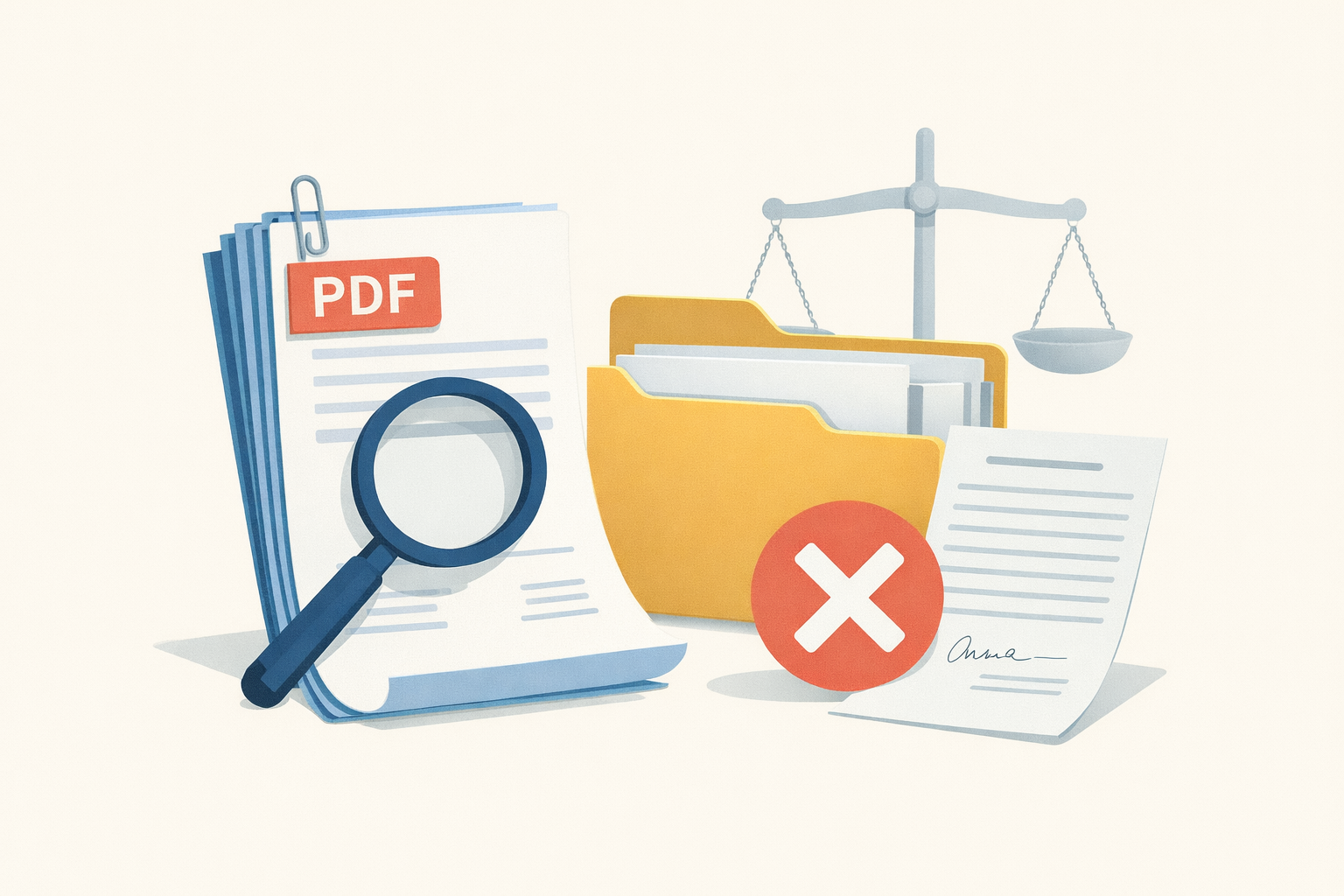Over her nearly 22 years on the bench, Judge Shira A. Scheindlin left her mark on everything from the trial of John Gotti Jr., to the New York Police Department’s “Stop and Frisk” policy. But many of Judge Scheindlin’s biggest impacts have been in the less headline-making area of discovery law, where she helped lay the legal groundwork for modern discovery practice, particularly around sanctions for spoliation. She remains a leader in the field today, a year after her retirement from the U.S. District Court for the Southern District of New York.
In the second part of our Q&A with Judge Scheindlin, Logikcull discusses sanctions and spoliation, the surprising power of Rule 37(e)(1), and how the Supreme Court’s recent Goodyear Tire & Rubber Co. v. Haeger decision might impact discovery in the future. In that unanimous April opinion, the Supreme Court considered a court’s inherent authority to sanction a litigant, through cost shifting, for bad-faith misconduct during discovery.
A transcript of our discussion, edited for clarity and brevity, appears below. The first part of Logikcull's Q&A with Judge Scheindlin, touching on proportionality, technology, and the future of discovery, can be found here.
Logikcull: Going now towards Goodyear, I want to talk about what the impact of that decision might be. Particularly, in your Pension Committee opinion, you talked about cost-shifting as the second-least-harsh penalty that courts can impose, at least in terms of spoliation. With the Goodyear opinion, the Supreme Court ruled that courts' inherent power to sanction through cost-shifting is limited by the need for a causal showing that the fees were incurred solely due to the sanctioned party's misconduct, except in extreme circumstances. How do you see that opinion impacting discovery disputes in the future, if at all? What might its effect be on remedies available to courts?
Hon. Shira A. Scheindlin: That's an interesting question because it did involve inherent authority. Now that Rule 37(e) has been carefully revised -- that's the rule that talks about curative measures and sanctions for failures to produce ESI -- you wouldn't turn to inherent authority.
If there’s a rule that covers the conduct directly, courts really should not be using their inherent authority. The advisory committee notes that explicitly in the new Rule 37(e). They say, basically, “Inherent authority is out the window if this rule covers the exact conduct.” So, the conduct would have to fall outside of the parameters of 37(e).
"'Inherent authority is out the window if this rule covers the exact conduct.'"
Now, the Goodyear case would be an example of a case that falls outside of the parameters of 37(e) because that rule only applies to ESI. Interestingly, there are now two standards: one for ESI and one for what we used to call "paper documents." I don't know if the test results that were being discussed in the Goodyear case were ESI or could be produced in paper. Maybe they were kept in paper -- which is so interesting, as there are two different standards. That's the first problem. If 37(e) doesn't apply, then inherent authority is back in the game.
Then, it may also turn on what the discovery abuse is, because 37(e) does not cover all discovery abuse. For example, if somebody misbehaved at a deposition and lied under oath, that has nothing to do with 37(e). That would not have anything to do with preserving or producing documents. So, then again, inherent authority might be in the picture. Then the holding of the Goodyear case, that [sanctions] have to be causally related to misconduct, would be the controlling law. But I think when it is governed by an existing federal rule, the inherent authority shouldn't apply at all.
Logikcull: In Goodyear, the district court made a point of saying that it was acting under its inherent authority, rather than under Rule 11. But, as you note, with Rule 37(e) in particular, you had the advisory committee saying very specifically that these updates should get rid of the need to rely on inherent authority.
Scheindlin: Correct.
Logikcull: There's been at least one case, the CAT3 v. Black Lineage case -- there, Judge James Francis said that he could act under either Rule 37(e) or the court’s inherent authority. Do you have any thoughts on that?
[That case involved the destruction and alteration of ESI in a trademark dispute. U.S. Magistrate Judge James C. Francis granted sanctions for the alteration of emails, writing in defense of courts’ inherent authority to impose sanctions for the bad faith spoliation of evidence. “Where exercise of inherent power is necessary to remedy abuse of the judicial process,” Judge Francis argued, “it matters not whether there might be another source of authority that could address the same issue.” Logikcull covers the case in more depth here.]
Scheindlin: Yes. I can only say that decision has been criticized by a lot of commentators because it sort of flew in the face of the clear guidance of the advisory committee. I think it never got to the appellate stage because I think it eventually settled before that issue was hashed out between the district court or the circuit court -- certainly, it never got to the circuit court. We don't know whether that would have held up had it been taken up on appeal.
But I think he also did it in the alternative, which was safe, and I think he said even if it wasn't under 37(e), I would give the same sanction "because..." So, I think he covered that possibility and did not use the inherent authority to make the sanction broader, so to speak.
Logikcull: So, there could be an argument that was just dicta?
Scheindlin: Mhmm.
Logikcull: Speaking of Rule 37(e), when the proposed 2015 revisions first came out, you were critical, saying that they could create incentives for sloppy behavior. Do you think of the revisions as adopted have led in practice to less than forthcoming productions or sloppy discovery behavior?
Scheindlin: That's something I can’t really know -- what’s happening “in the field,” so to speak, if people feel sort of safe in being a little less careful and a little less thorough because they know the heavy sanction can't be issued unless there is an intent to deprive. You can't be sanctioned with a heavy sanction without being negligent, grossly negligent, and maybe even being reckless. So, having that comfort may mean that some parties aren't as careful as we would like.
But the curative measures in the first half of 37, 37(e)(1), can be very powerful too -- much more powerful than we thought.
"[T]he curative measures in the first half of 37, 37(e)(1), can be very powerful too -- much more powerful than we thought."
While (e)(1) was supposed to be the lighter measure and (e)(2) the heavier sanctions, I'm not so sure it broke out that way. There are a lot of things we can do under (e)(1) that are pretty serious and there you don't need any state of mind. You don't need intent to deprive, you don't need recklessness, gross negligence or anything else. You just need to show prejudice.
So, a party who suffered as a result of another party's misconduct never needs to prove state of mind at all. It just says it suffers loss: “I was entitled to it, I didn't get it, and I was prejudiced.” If they prove that, they can get some pretty heavy sanctions including big monetary penalties, preclusion of evidence, even allowing the jury to hear how the information was lost and draw its own inferences based on that.
There's a whole list of measures that can be taken under (e)(1) that are pretty heavy in their own right.
This post was authored by Casey C. Sullivan, Esq., who leads education and awareness efforts at Logikcull. You can reach him at casey.sullivan@logikcull.com.




